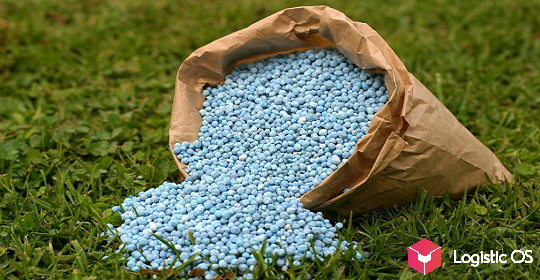If the bill is passed, then from March 2021, flour mills will be able to receive significant subsidies.
The reason for the introduction of emergency support measures was a very difficult situation in the industry.
Grain prices, particularly wheat, have risen more than 50% since August.
Millers found themselves in a difficult situation, since they cannot raise the cost of their own products by the same amount: otherwise, problems with demand are inevitable.
But it is also impossible to continue selling flour at the same prices.
Due to the depreciation of the ruble, the attractiveness of grain exports has increased. Producers refuse to supply raw materials to flour mills or set prices for them that are too high for the domestic market.
As a result, the profitability of the milling business in Russia today is at the level of 0-1%, said Natalya Zagorskaya, president of the Russian flour association.
And for some companies, profits have already crossed the zero mark.
In 2010, the share of wheat in the cost structure of premium flour was 34%.
In 2019 it grew to 60%, and in 2020 it approached the level of 75%.
And if we analyze the chain wheat — flour — bread, then the percentage of price increases goes in the opposite direction: 40% — 20% — 7%, respectively.
This is due to the fact that bread is a basic commodity, and its producers, as they can, restrain price increases. They expect the same from flour producers.
In the current conditions, bread producers, in order to reduce the cost, have to use cheaper varieties of flour, and not only the highest, thereby deteriorating the quality of the final product.
In such conditions, state support remains practically the only way to continue working.

According to the bill proposed by the Ministry of Agriculture of the Russian Federation, the subsidy will amount to a maximum of 50% of the difference between the current market price of wheat / rye and the three-year average (adjusted for inflation).
The price of flour for bakers will be calculated taking into account state support.
If the resolution is adopted, additional funding will be allocated from the federal budget.
But in order to receive the subsidy, the enterprise will have to promise that it will sell the flour produced within two months after receiving the aid, with 75% of the flour at a predetermined price.
The Ministry of Agriculture commented that such a measure of support became necessary to ensure the stable operation of millers in the face of extremely volatile wheat prices.

